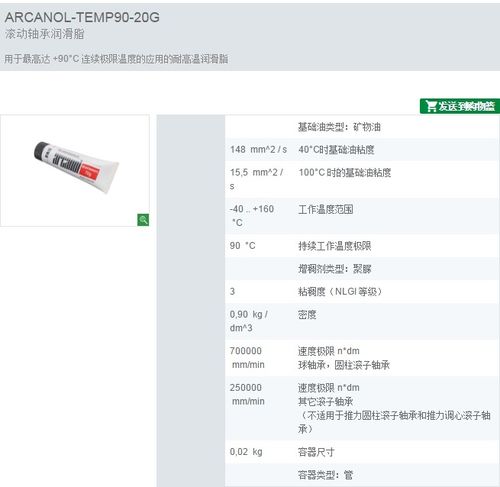Temp Fayetteville AR: A Comprehensive Guide to Weather and Climate
Are you planning a trip to Fayetteville, Arkansas, and want to know what the weather will be like? Or perhaps you’re a local looking for a detailed understanding of the climate in this region. Look no further! This article will provide you with an in-depth look at the temperature, weather patterns, and climate of Fayetteville, AR.
Temperature Overview

The temperature in Fayetteville, AR, varies significantly throughout the year. Let’s take a closer look at the average temperatures for each month.
| Month | Average High (掳F) | Average Low (掳F) |
|---|---|---|
| January | 48.5 | 28.5 |
| February | 53.5 | 32.5 |
| March | 62.5 | 39.5 |
| April | 72.5 | 48.5 |
| May | 82.5 | 58.5 |
| June | 85.5 | 62.5 |
| July | 86.5 | 64.5 |
| August | 85.5 | 64.5 |
| September | 82.5 | 60.5 |
| October | 72.5 | 48.5 |
| November | 62.5 | 39.5 |
| December | 53.5 | 32.5 |
As you can see, Fayetteville experiences a wide range of temperatures throughout the year. The coldest month is January, with an average low of 28.5掳F, while the warmest month is July, with an average high of 86.5掳F.
Weather Patterns

Fayetteville, AR, has a humid subtropical climate, which means it experiences hot summers and mild winters. Let’s explore the weather patterns in more detail.
During the summer months (June to August), Fayetteville experiences hot and humid weather. Temperatures often exceed 80掳F, and the humidity can make it feel even hotter. This is also the time when the city receives the most rainfall, with an average of 4.5 inches per month.
Spring and fall are the most pleasant seasons in Fayetteville. The temperatures are moderate, and the humidity is lower compared to the summer. Spring brings blooming flowers and mild weather, while fall is characterized by beautiful foliage and cooler temperatures.
Winter in Fayetteville is relatively mild, with temperatures rarely dropping below freezing. The city receives an average of 2.5 inches of snow per year, and the snowfall is usually light and short-lived.
Climate and Its Impact

The climate in Fayetteville has a significant impact on the local economy, lifestyle, and outdoor activities.
The mild winters and warm summers make Fayetteville an attractive destination for tourists and retirees. The city offers a variety of outdoor activities, such as hiking, biking, and water sports, which are enjoyed throughout the year.
The humid subtropical climate also affects the agriculture industry in Fayetteville. The region is known for its fruit orchards, vineyards, and vegetable farms, which thrive in the fertile soil and favorable weather conditions.







